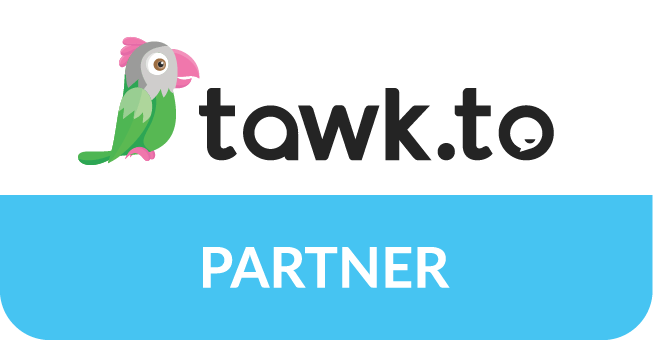[ad_1]
A ‘CMS’ or ‘Content Management System’ allows a web site owner and their staff to be able to maintain their website without technical capabilities. Users are able to update copy, edit and create new posts, upload images to a portfolio, add video, audio and more.
Having a CMS allows a company to create current content and grow their website. and as a result, their marketing and internet presence on the world wide web.
If you have e-commerce; a CMS is necessary in order to be able to maintain your online catalog: update product photos and descriptions, add new categories, display featured items, run promotions and marketing campaigns, etc.
Why does it cost so much more to build a website with a Content Management System?
If you possess in-house capabilities with the extra human cycles to dedicate or you have the resources to outsource site maintenance and promotion, then a professionally built website without content management may be a good fit.
The added expenditure of integrating a content management system into a website can vary wildly. You have to evaluate what your website is going to require. The benefits are the capability for your staff to be able to maintain and update your website’s content. Your organization participates and can promote the website through interactive blogs, video, social media and e-commerce.
Proprietory or Open Source?
A Proprietory CMS is a custom designed system built for one organization by either internal staff or outsourced resources. The advantage: it’s capabilities are only limited by its developers skills and project budget requirements.
The limitations start with system upgrades and maintenance. Adding capabilities requires extensive planning and resources. If the CMS was built externally and that relationship degrades then what happens? Did the developer create appropriate technical documentation to allow future development? Was it built to any standards? Are there copyrights in place that prevent changes to the code?
A proprietary content management system is appropriate for larger organizations that deal with legacy technology or a company with an idea that current open source solutions just cannot provide a viable solution for, but companies should be wary of the long tail costs involved with creating and maintaining a custom solution.
Going with an Open Source platform involves using a pre-existing framework of technologies built by an active community of developers. The software is free to use, the costs are in the deployment of the system. One advantage to going open source is the fact that the code base is supported by literally 1000’s of developers resulting in an active support community. The system is continually updated, features and quality are always improving.
OK, I’m sold…do you have a Content Management System you recommend Sunny?
Definitely WordPress! What is WordPress? WordPress is an open source Content Management System (CMS), often used as a blog publishing application, powered by PHP and MySQL. It has many features including a plug-in architecture and a template system. Used by over 12% of the 1,000,000 biggest websites, WordPress is the most popular CMS in use today. Click here to learn more about why WordPress is the most powerful blogging and content management software available; used by the top media companies and even U.S. Government Agencies!
[ad_2]
[cp_modal display=”inline” id=”cp_id_a8651″][/cp_modal]
by Sunny Lindenthal

